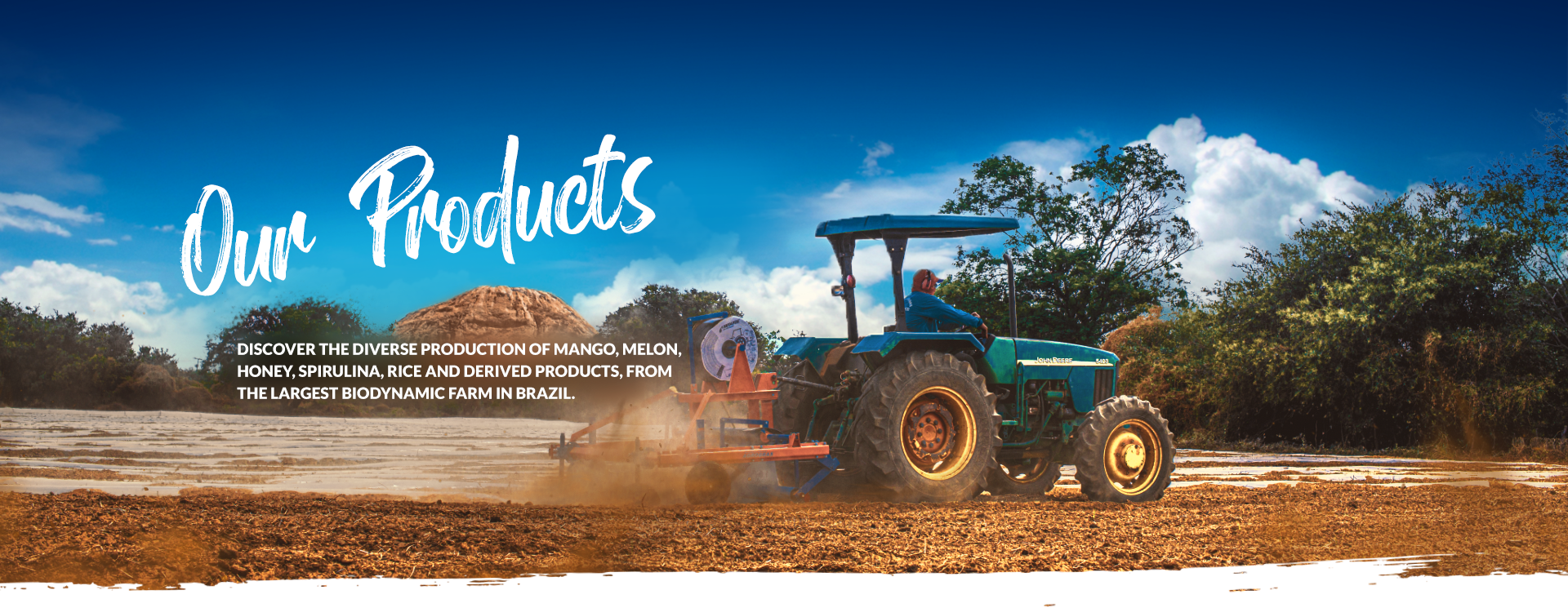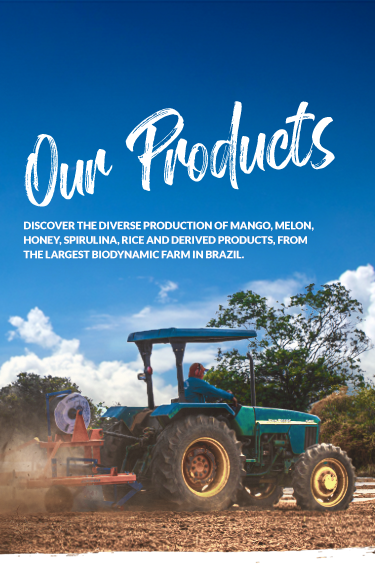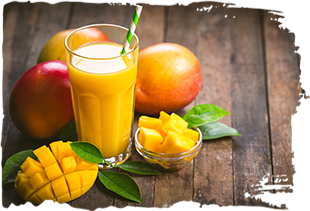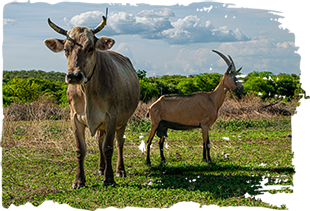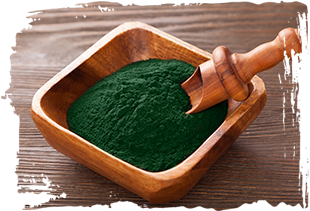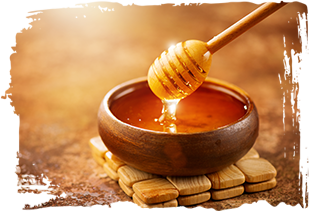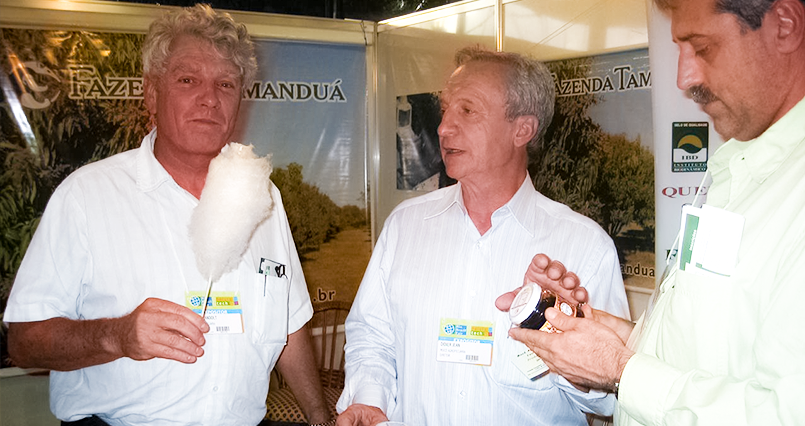
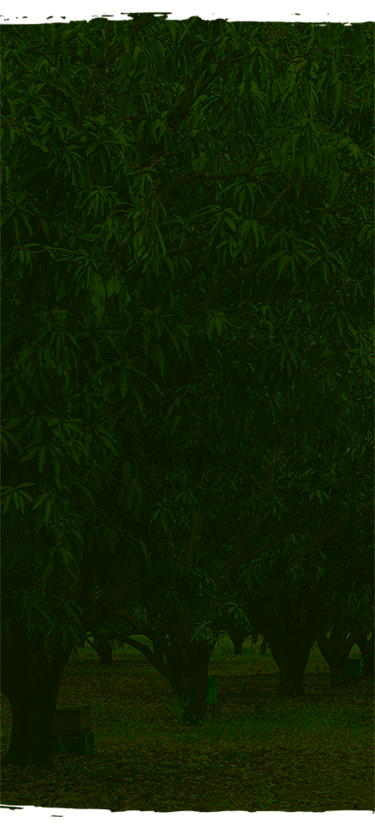
What we produce at the Farm
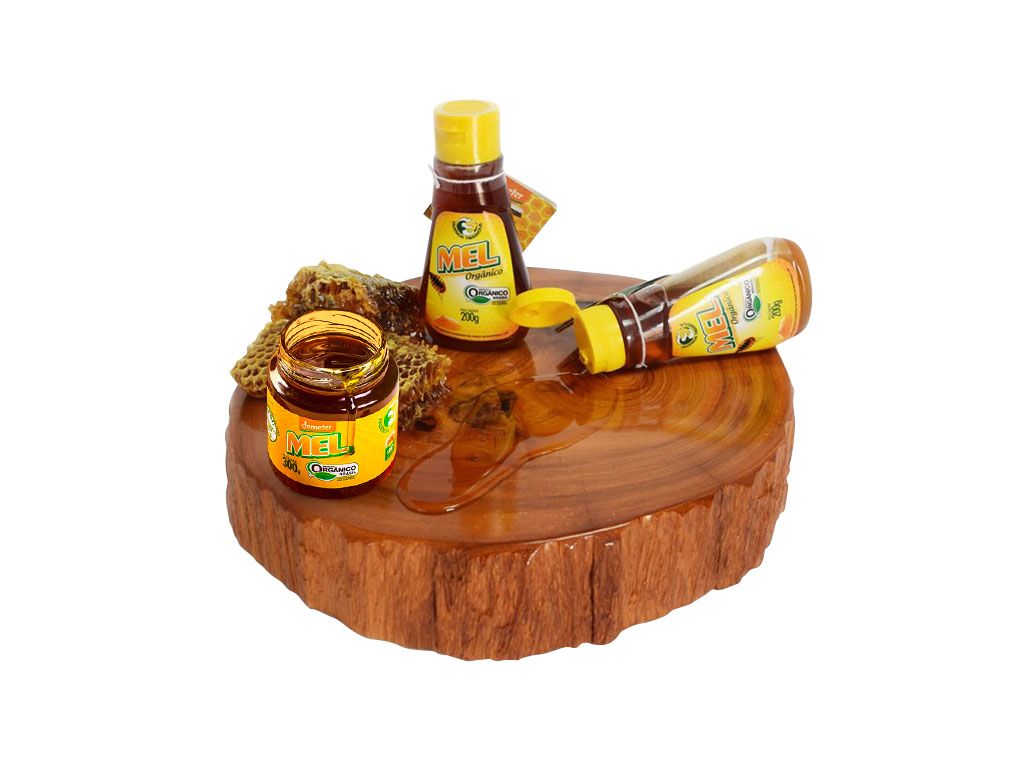
Honey
Honey
Characteristics:
It is with great satisfaction that we at the Tamanduá Farm present the tastiest honey in Brazil. Originated from the flowers of the Caatinga vegetation of the sertão da Paraíba, which is naturally rich, immensely diversified, and capable of creating excellent quality honey, with different color, smell and flavor for each plant species visited by the bees. The Biodynamic Honey of the Tamanduá Farm is a healthy food, rich in nutrients, and its production seeks to balance the biodiversity of the environment, that is, the harmonious integration of nature, soil, plant, water, animal and energy elements.
Most common flowers:
Velame: A small shrub that yields a dark-colored honey, rich in minerals and with great flavor. Its flowering occurs between the months of January and February, remaining on average 22 days.
Marmeleiro: A typical Caatinga shrub, it yields honey with a slightly reddish color and great flavor. The flowers are much appreciated by bees, and their flowering occurs after the first rains (February and March), remaining on average for 18 days.
Black hollyhock: This flower yields excellent honey, light in color and with great flavor. Its flowering occurs between the months of April and June, remaining on average for 20 days.
Presentation format: 200g Tube / 300g Jar / 25kg Bucket.

Ingredients
100% Biodynamic Honey

Suggested Use
It can be consumed alone, as sweetener, or in recipes

Recommendations
Keep in a dry and cool environment. Good for 2 years.
Certified Product


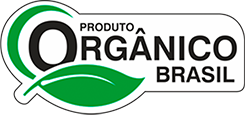

Why consume organic or biodynamic products?
Nutritious, tasty and healthy foods – In balanced soils, plants grow healthier; from them, more nutritious foods are yielded, that is, natural properties such as aroma, color, flavor, vitamins, minerals, carbohydrates and proteins are preserved. Only by consuming organic products is it possible to appreciate the natural flavor of food. This offers our consumers the certainty that they are purchasing foods that fully comply with the principles of Food Safety, that is, Nutritious, Safe and Environmentally Correct foods.
Socio-cultural and economic responsibility – When we consume organic foods, we are being socially responsible, contributing to the conservation and preservation of the environment, valuing the workforce, and supporting social causes related to the protection of workers and the elimination of child labor.
Learn more about the Biodynamic Honey
Honey is an ancient food produced by bees from the nectar they collect from flowers. It is an easily digestible food, assimilated directly, constituting a source of energy. It is important for the balance of the biological processes of the human body, because it contains yeasts, vitamins, minerals, acids and amino acids in balanced proportions. It also contains hormones, bactericidal and aromatic substances. In 20ml of honey (with 351 Kcal) you can find 0.25% of protein (amino acids), 87.29% of carbohydrates, 1.15mg of calcium, 0.01mg of iron, 0.05mg of sodium, 0.0mg of cholesterol, and total fats.
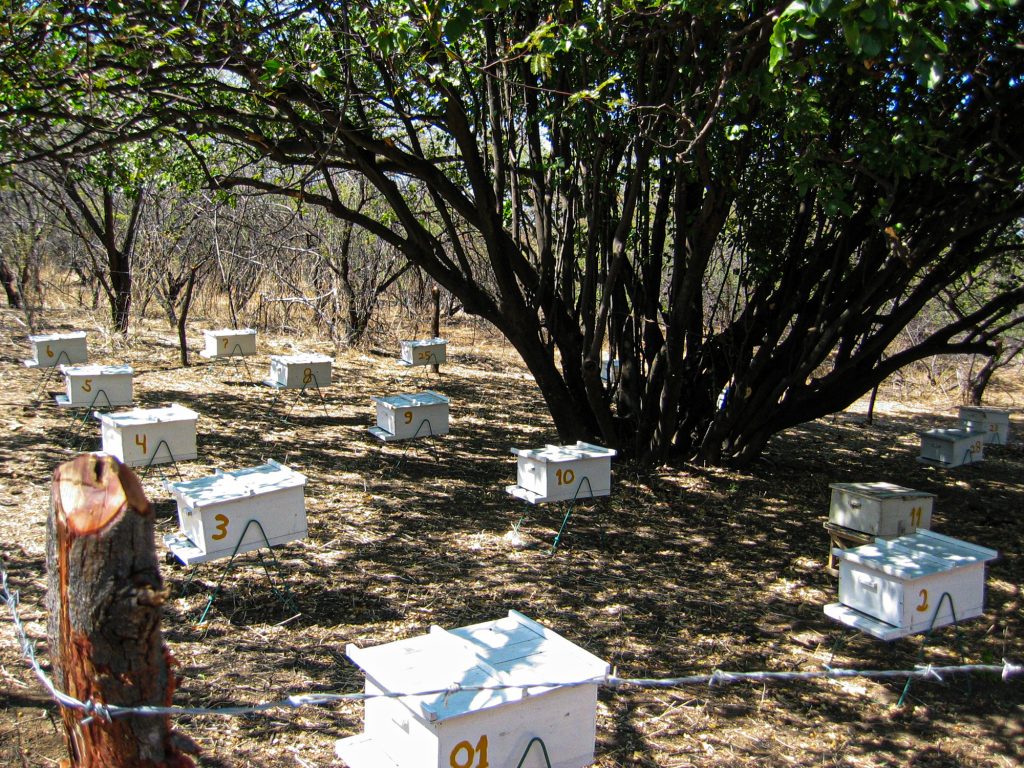
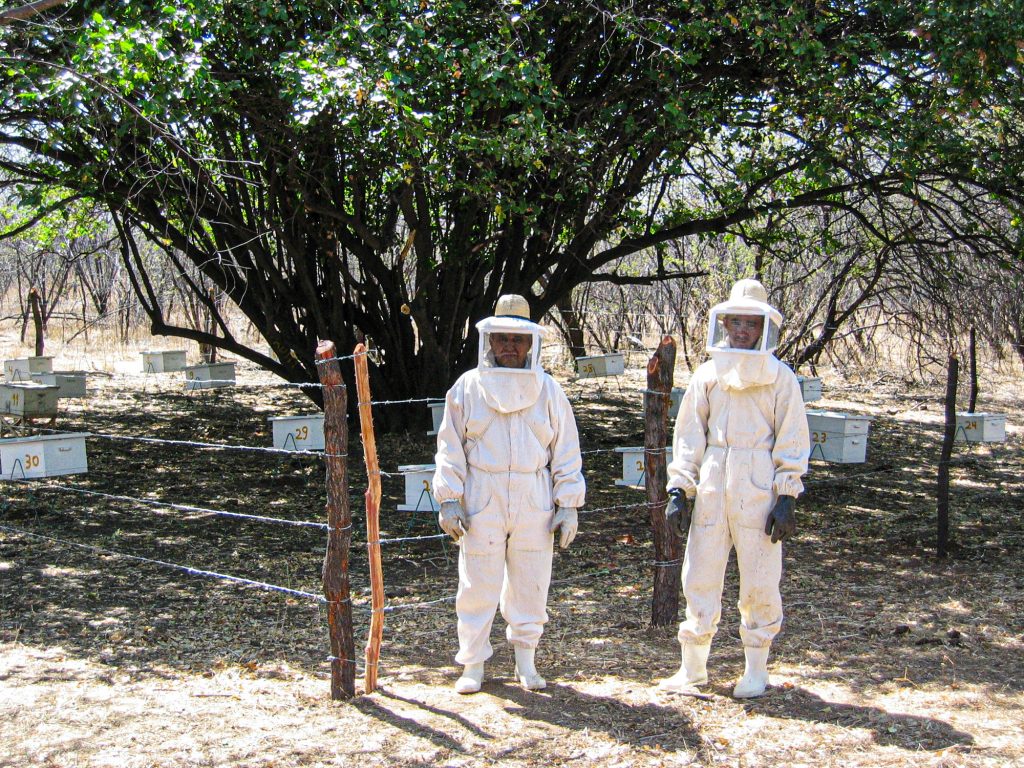
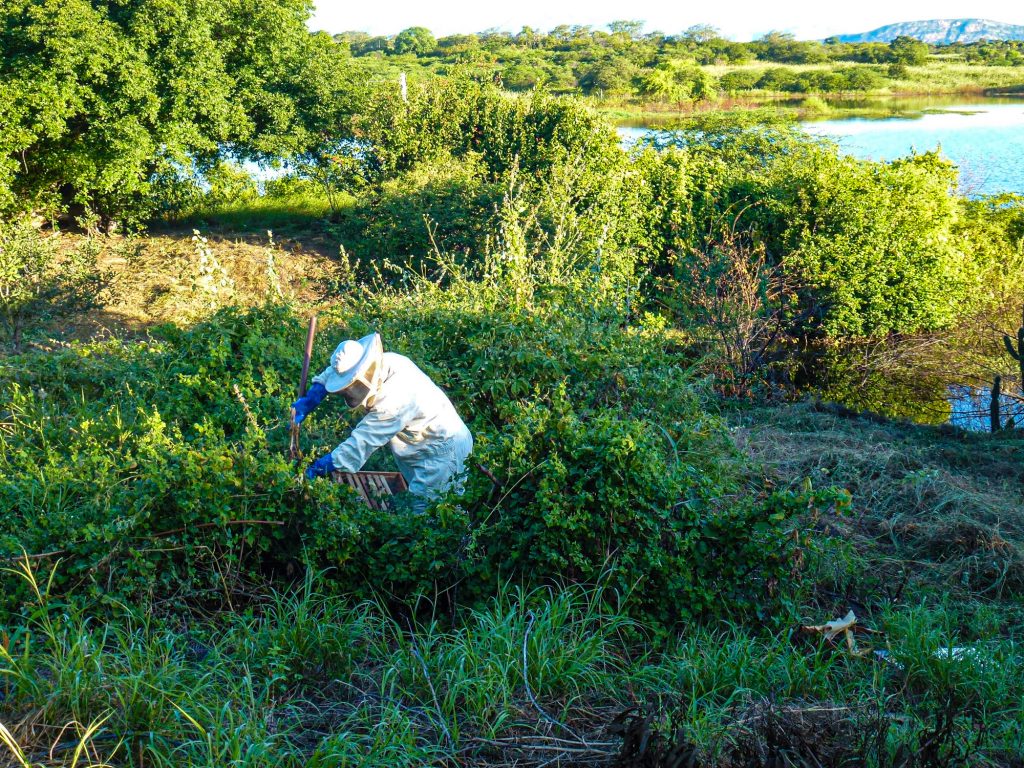
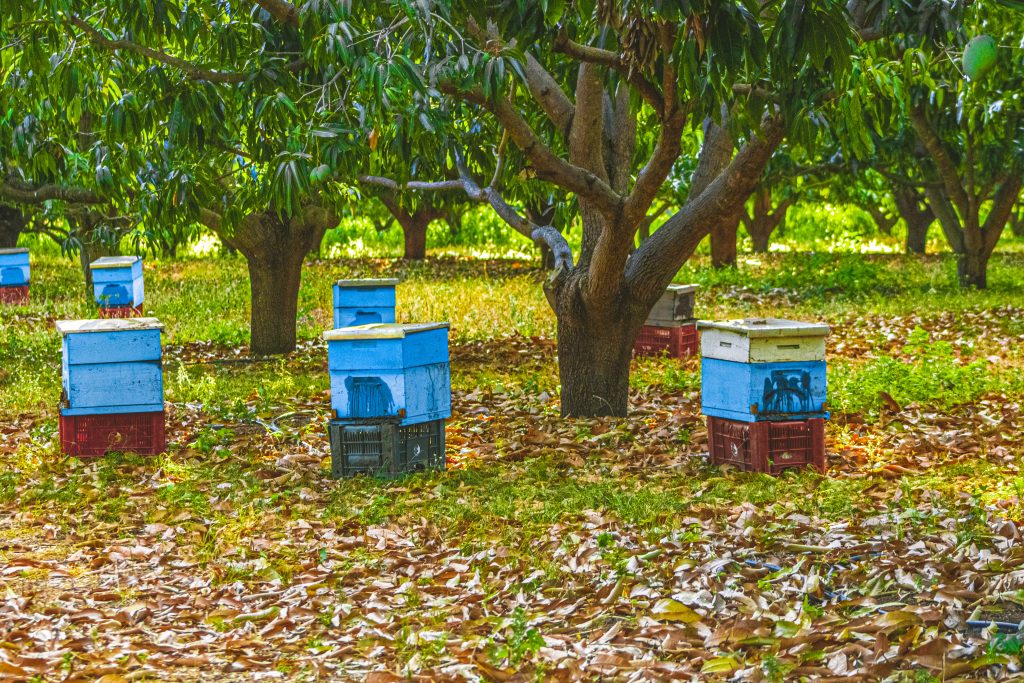
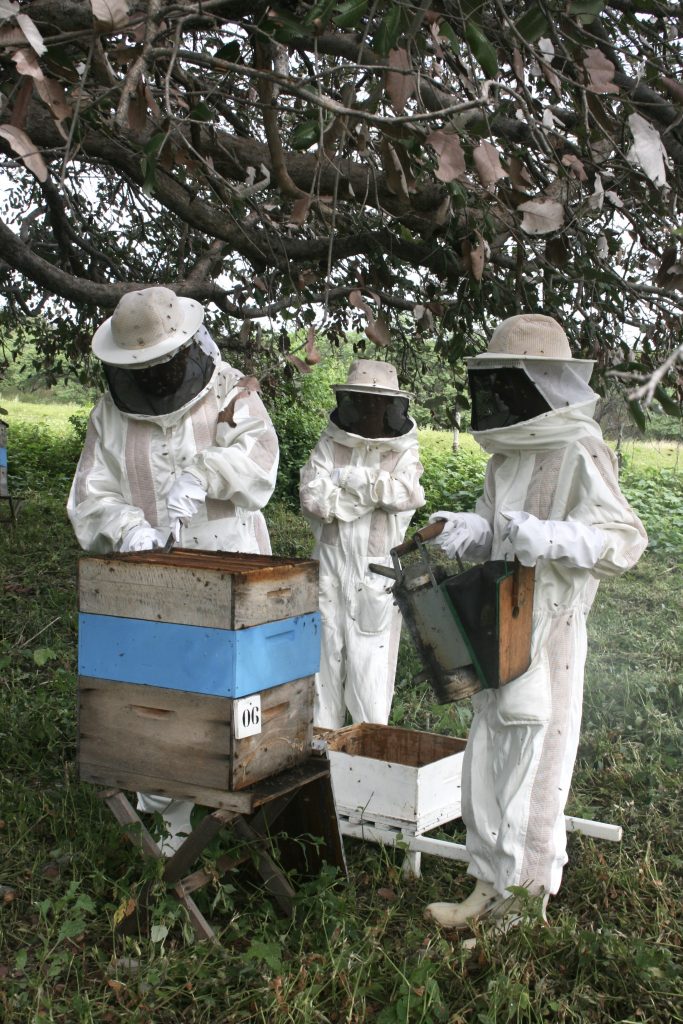
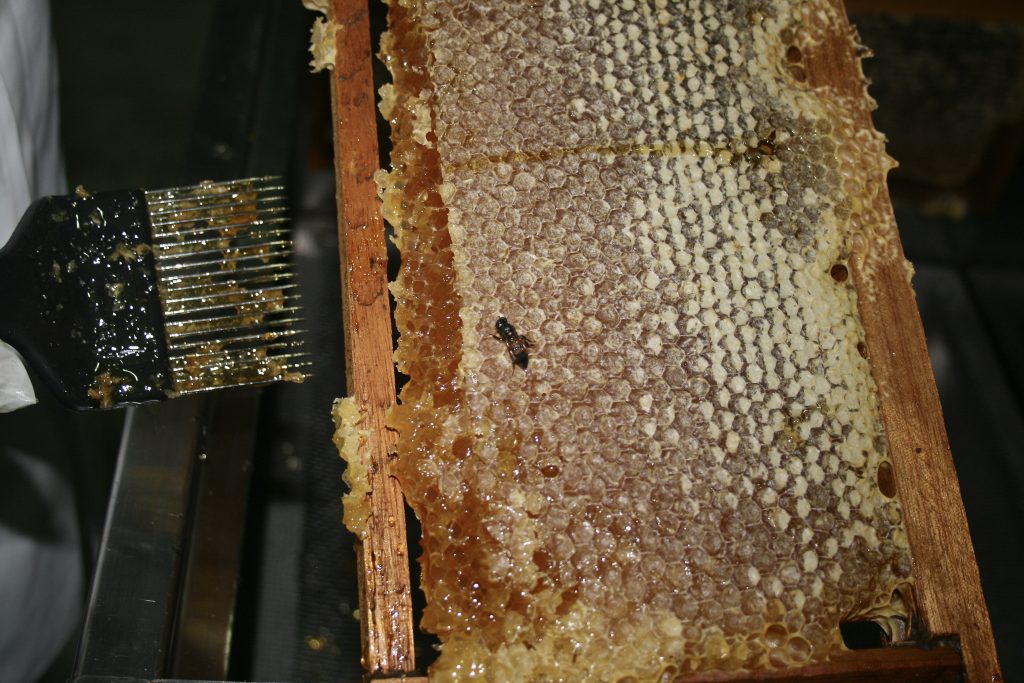
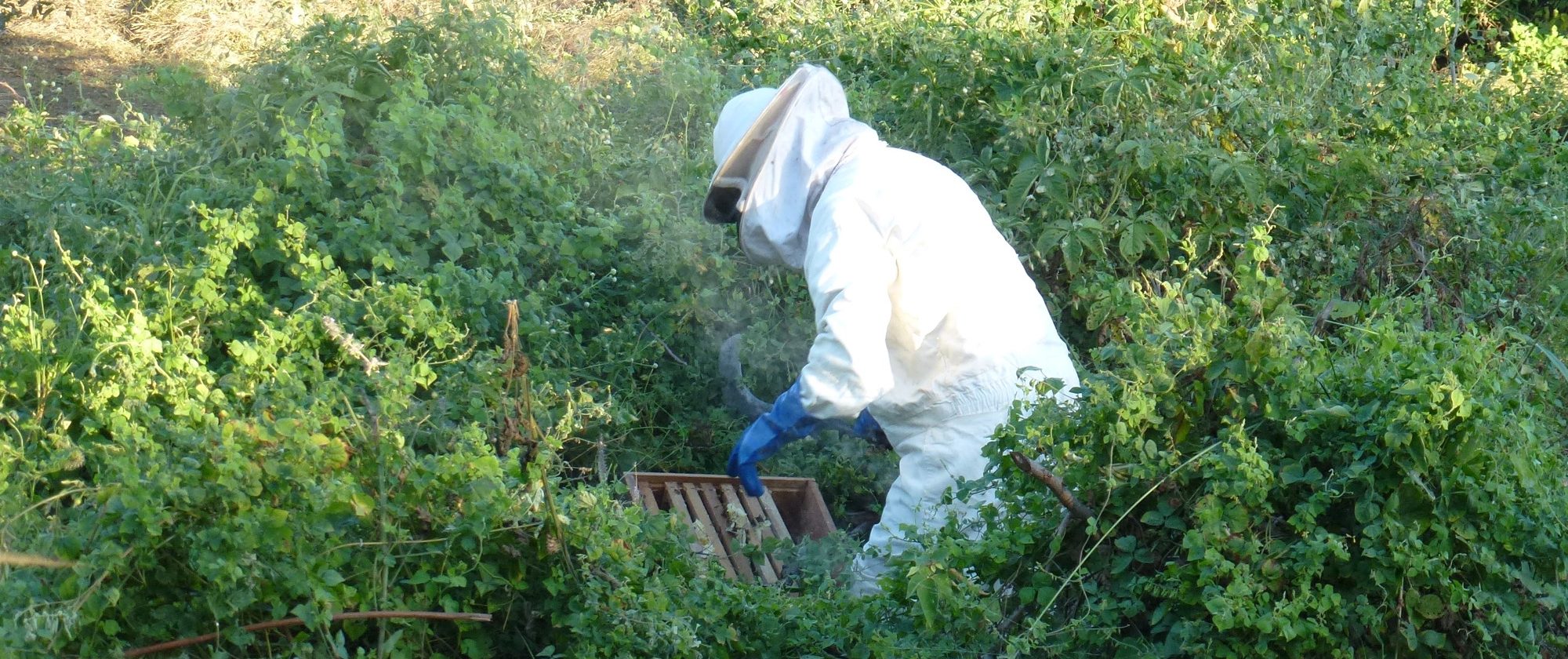
Nutrition Facts
Serving Size 1 tablespoon (15g)
| Amount per serving | % DV (*) | |
| Calories | 50 kcal = 21 kJ | 2 |
| Carbohydrates | 12,3 g | 4 |
| Proteins | 0 g | 0 |
| Total fat | 0 g | 0 |
| Saturated fat | 0 g | 0 |
| Trans fat | 0g | - |
| Dietary fiber | 0 g | 0 |
| Sodium | 0 g | 0 |
(*) %Daily reference values based on a 2,000Kcal or 8,400kJ diet. These values can be higher or lower, depending on your caloric needs. ** DV not established.

